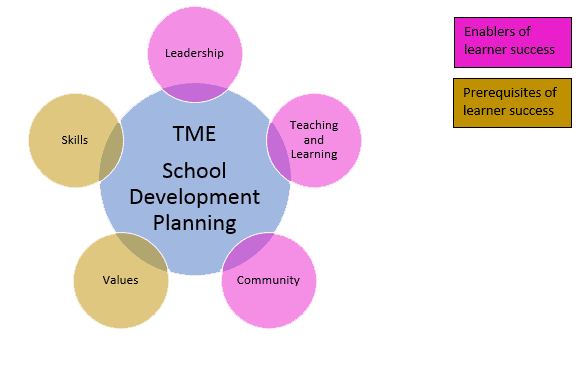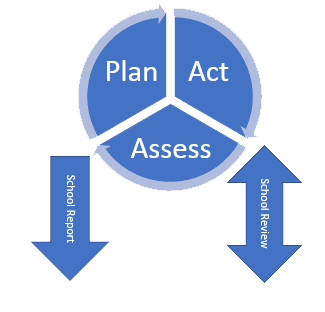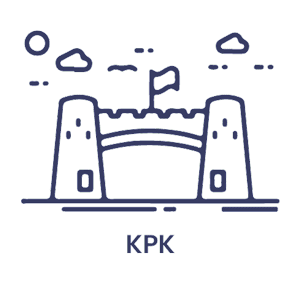PlanningSchool Heads plan by making decisions about the actions required to maximise student achievement. School Heads should consider:
- What could be done to address the identified need?
- What does education research and good practice tell us about effective ways of addressing the identified need?
- Which strategies can be realistically implemented in our school context?
- How are we responding to student and community needs and addressing policy requirements?
School Heads, in collaboration with teachers, should:
- Develop and make available before the beginning of a new academic year, a School Development Plan for the academic year in question, that provides a succinct, strategic direction for the operation of the school
- Include whole school objectives, priorities for teaching and resource acquisition, improvement targets regarding student performance and resources needed in the SDP
- Make clear reference to, and take account of, TME policies and directions in the development of their SDP
- Be consistent and realistic in the application of evaluation measures and suitable timeframes
- Take time to conduct an annual review to inform the SDP
- Ensure that the SDP details how the School Development Plan will be implemented in each school year
School Heads are expected to operationalise their School Development Plan in ways that best suit the school’s context.
Reporting
School Heads, in collaboration with teachers, should:
- Publish an annual school report in a form best suited to parents and the local community and submit the document for electronic publication on the TMS website
- Reporting Format:
- Operational information (e.g. school name, reporting year, student numbers etc.)
- Teaching and Learning structured around areas of learning (subject strengths and areas for improvement)
- Cross-curricular skills (see above)
- The learning environment (physical environment, implementation of school values etc.)
- The role of school leadership in leading development
Annual Review
School Heads should:
- Present to the TMS Directors and Chief Teaching and Learning Officer evidence, analysis and judgements about the standards of student achievement and school operations
- Respond constructively to feedback resulting from the review
- Enact any recommendations arising from the review of the annual report








